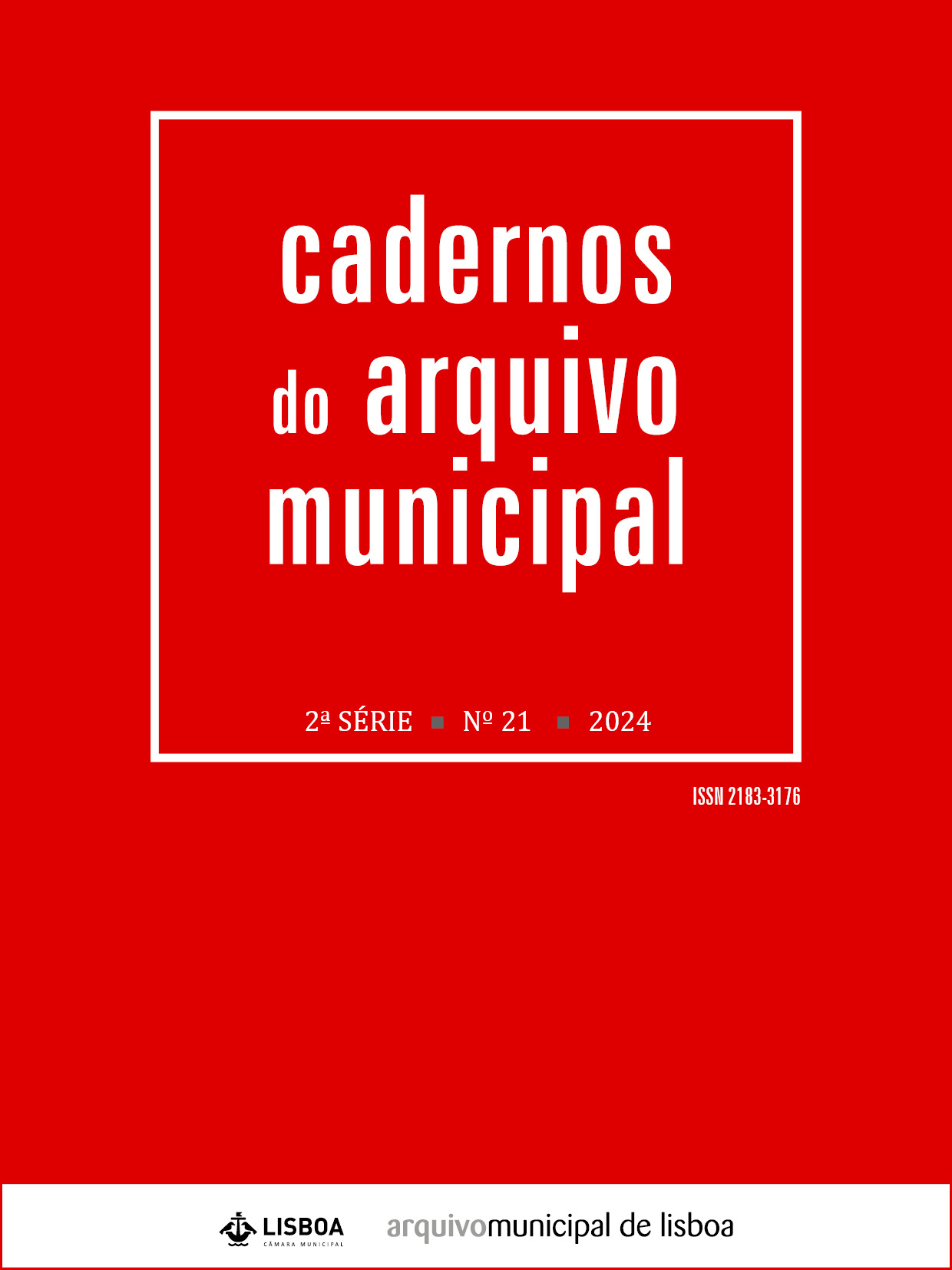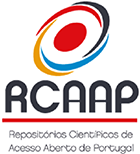José Afonso, the Popular Power and LUAR
DOI:
https://doi.org/10.48751/CAM-2024-21335Keywords:
Antifascism, Protest Song, Popular Power, Basic DemocracyAbstract
José Afonso renewed his musical work in the Algarve, between 1958 and 1964. This process coincides with the General Humberto Delgado’s presidential campaign, the Opposition candidate. His performances also began to take place in popular associations. He composed “Grândola, Vila Morena” in this context. After Mozambique, between 1964 and 1967, having deepened his anti-colonial awareness, he moved to Setúbal. He collaborated with all anti-fascist forces and despite frequently being identified with the PCP (Partido Comunista Português), he is close to the revolutionary left. He sympathizes with LUAR (Liga de Unidade e Acção Revolucionária), created in 1967, known for the robbery of the Bank of Portugal in Figueira da Foz. After the 25th of April, in solidarity with the workers and grassroots dynamics, internationalist, he was enthusiastic about the Popular Power project, expressed in many of his songs. LUAR ended in 1976, but José Afonso remained an activist in the field of the revolutionary left, although without any party involvement.
Downloads
Downloads
Published
How to Cite
Issue
Section
License
Copyright (c) 2024 João Madeira

This work is licensed under a Creative Commons Attribution-NonCommercial 4.0 International License.
The authors retain copyright and grant the journal the right of first publication, with the work simultaneously licensed under the Creative Commons Attribution License CC BY-NC 4.0 which allows sharing and adapting the text as long as its authorship is correctly attribbuted with recognition of the initial publication in this journal.









